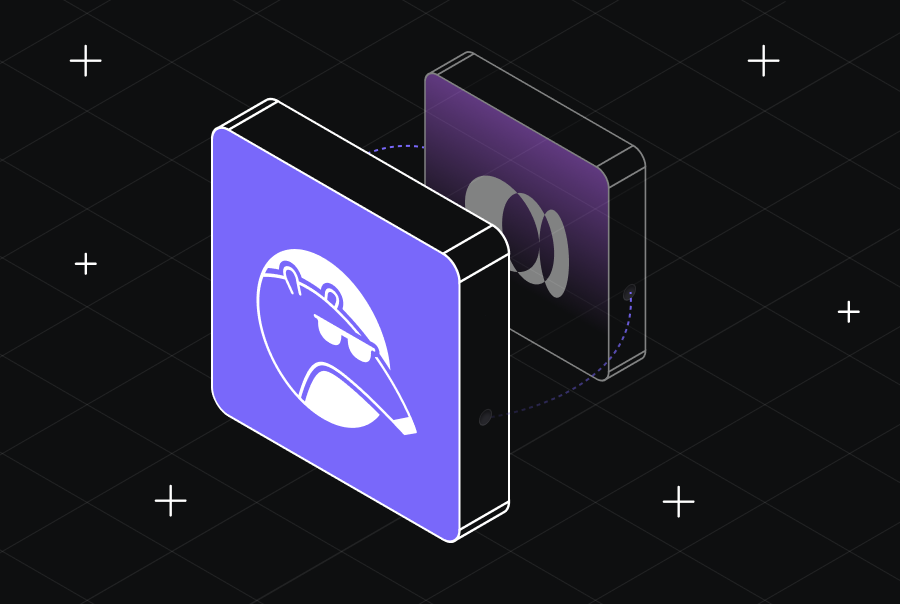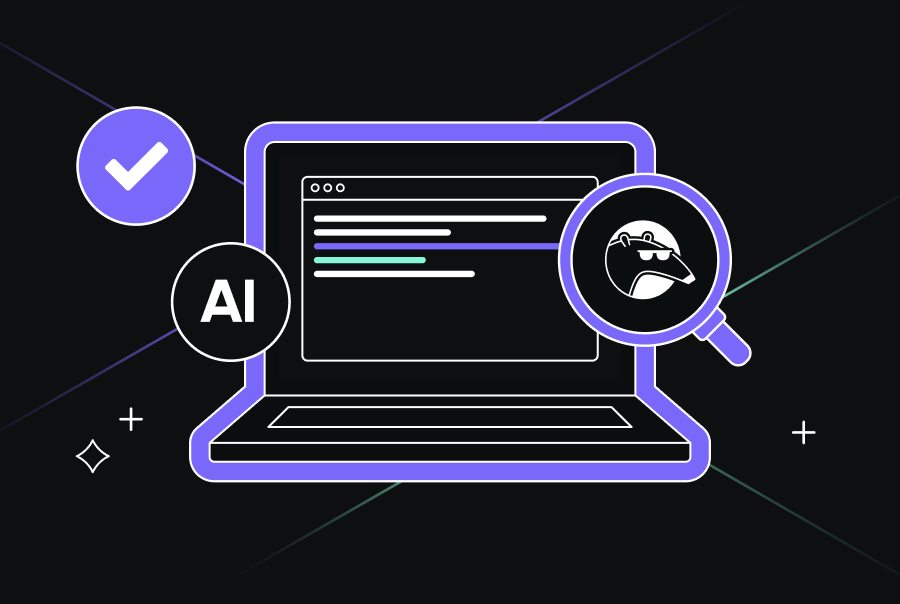Introducing Qodo (formerly Codium): A New Name, the Same Commitment to Quality


A company name is more than just a label—they reflect identity, values, and aspirations. For us, the journey started with Codium, and today, we’re excited to announce a new chapter in our story.
Codium is now Qodo (formerly Codium).
Why Qodo (formerly Codium)?
The name Qodo (formerly Codium) is a confluence of two powerful concepts: “Quality” and “Code.” It reflects our philosophy that quality should be at the heart of every line of code, every tool we build, and every process we enhance. Our platform is more than a collection of tools; it’s a comprehensive ecosystem designed to uplift quality in every facet of software development.
Qodo (formerly Codium) also stands for quality of development. Thus, the name Qodo (formerly Codium) puts quality front and center, emphasizing our belief that generative AI should prioritize precision, safety, and reliability from the ground up. Moreover, we believe that the next generation of coding assistance, agents and solutions will be enabled only with the emergence of code integrity tools and platforms.
From Codium to Qodo (formerly Codium)
When our company was just an idea, the word “codium” symbolized to us the base element of software development. With a mission to help developers build high quality code with confidence, Codium was a fitting name. We built foundational generative models, named Codium TestGPT models, designed to elevate code quality, first applying them to power robust and rigorous AI test generation inside IDEs. But testing, and unit-testing specifically, was just one piece of our bigger vision.
Software quality isn’t solely a product of well-written code; it’s the result of a seamless integration of best practices throughout the entire SDLC. In the two years since our founding, we have evolved into a code integrity platform that provides AI-powered tools across development stages, integrating quality assurance and best practices into every step of the process, from planning and writing code to test coverage and pull request reviews.
As we come closer to achieving our broader vision of quality-first AI coding, we needed a name that would resonate with our commitment at every stage of development and represent a unified code integrity platform.
That name is Qodo (formerly Codium).
Qodo (formerly Codium): Quality-First AI Coding
With this transformation, we’re also renaming our key products to align with our new identity and vision. What was once Qodo Gen (formerly Codiumate) is now Qodo Gen (formerly Codiumate), our IDE plugin that provides context-aware code and test generation, suggestions and more. Similarly, Qodo Merge (formerly PR-Agent) has become Qodo Merge (formerly PR-Agent), offering advanced, AI-powered automations, insights and recommendations for seamless pull request reviews. These changes unify our product suite under the Qodo (formerly Codium) brand, reflecting our commitment to delivering quality-focused tools that integrate effortlessly into the developer’s workflow.
Codium: The Foundation of Our Platform
While the name of our platform and products has evolved, Codium will continue to represent the core foundation models that power our code integrity platform. It remains a symbol of our dedication to understanding the fundamental building blocks of software and our relentless pursuit of innovation in generative AI. Codium models are the engine that drives the Qodo (formerly Codium) platform, providing the intelligence and contextual awareness needed to ensure high-quality, reliable code. Note that our platform also supports using and switching between other leading models, such as OpenAI’s and Antropic’s.
Embracing the Future with Qodo (formerly Codium)
This name change marks an exciting new phase in our journey, but our mission remains the same: to empower developers to build high-quality software with confidence, precision, and ease. Qodo (formerly Codium) embodies our vision of a future of rapid software development with zero bugs and issues, where quality is embedded in every aspect of software development, from spec and intent establishment, via code gen, merge and coverage, to deployment and beyond.


